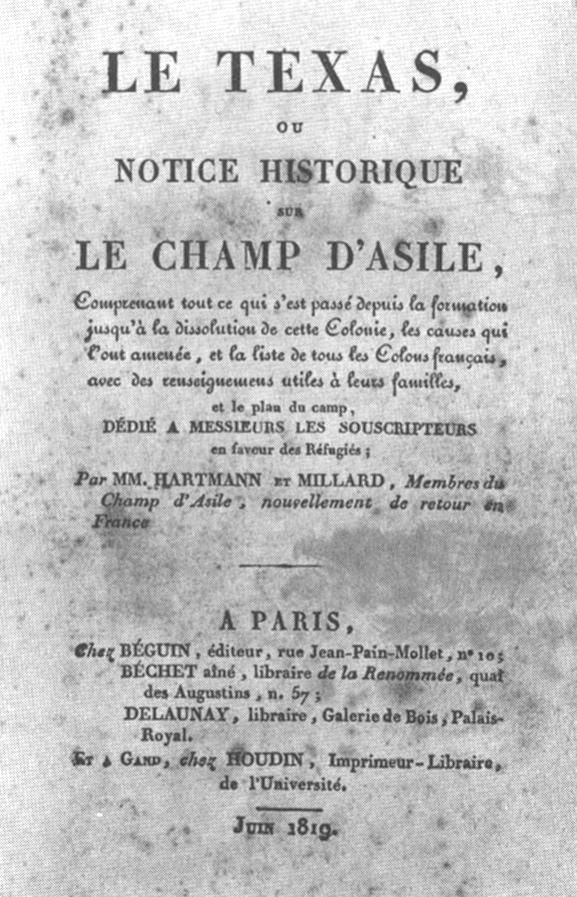As a companion to the question: "Is this a book for children?", another reaction I have gotten to
Theodosia and the Pirates: The War Against Spain is: "No child can possibly be as smart as you portray Jules to be. He can't be aware of all the things he seems aware of. Small children are oblivious to what the grownups are up to."
To some extent, maybe it is true that I make Jules a little more articulate than a child that age would be. But by and large, I disagree. Small children do have intellectual lives, and some of them think some pretty deep thoughts. Sometimes the piping voice, the unsteady gait, the poor hand eye coordination and the lack of sophistication in wording a question hide the real thoughts that a child has or the deep insights that have already been formulated. In my fiction, I do polish up the voice of the small child to make things clearer for readers, but I don't think I make him more sophisticated than a small child can be.
In my own childhood, the adults fell into two camps: those who underestimated my intelligence and those who overestimated it. I was not a genius, but I was also not the imbecile that some people assume every toddler or preschooler or first or second grader must be.
Now, it is not anybody's fault that they did not estimate a child's intelligence just right. Nobody can read into another person's mind. We are bound to make mistakes in one direction or another, but it was very telling in my mind at the time, who tended to think more of my abilities and who thought less. You did not need to question them about it. Their actions spoke louder than words.
Here is an example. One day, when I was three or four, I accidentally stepped on a toy playpen made out of sticks that someone had given me. I was sorry about it, and I got a lecture about needing to be more careful. But meanwhile, without thinking much about it, I started to arrange the broken pieces into a pattern on the floor.
My father saw the pieces so arranged and recognized that I was making a picture of a human figure, albeit a crude one. He was so impressed by this that he found some way to preserve the temporary art work by gluing the pieces to a cardboard folder. Now most parents would just throw the broken pieces away, but my father preserved this primitive art form for all time.
My experience was that the more tuned in someone was into my intellect, the less nurturing they were. The more nurturing they were, the more they tended to discount my intellect.
Every person has both an intellect and an emotional life, as well as a body with crude needs and an intermediate playful, animal being. My experience throughout my life, ever since early childhood, is that people are clued in to either your body or your soul, your intellect or your lesser animal being, but they are seldom equally attuned to all aspects. As a child, most of the people in my life were all too attuned to my animal self, wanting to feed me and cuddle me and heal me when I was sick and keep me safe from harm, while totally ignoring the fact that I was also a person with a mind. On the other hand, those people who have been tuned into my mind usually tended to discount my physical needs and limitations. Since they saw me as an adult thinker, they didn't pay attention to the reasons I could not always keep up physically.
This problem is not unique to me. It's called the mind/body dichotomy, and it is a problem that all western culture experiences. Hence we have men who can relate to a woman as a body and men who can relate to a woman as a mind, but seldom can they relate to both at once in the same woman. So they segregate certain women off for intellectual platonic relationships, while choosing other women for the repository of their animal pleasure. But did you know that children and
chimpanzees are also treated this way by educators, parents, social workers and physicians?
Some people see children as innocent, cuddly beings with no abstract intentions or long range plans and very few thoughts of their own beyond getting their immediate animal needs met -- some kind of noble savages. The same sort of people also look at chimpanzees that way. They often try to save
chimpanzees from people who relate to them in any other than the crudest way.
Very small children are capable of abstraction. They can have deep thoughts. They think about many things beyond the immediate range of the moment. They philosophize. They theorize. So do chimpanzees. The theories can be wrong. The thoughts can be mistaken. The model of the universe can be over-simplified, but there is thinking going on.
I used to be a very honest child, and the lies that I told before the age of ten could be numbered on the fingers of one hand. Here is the fist lie I remember telling. It happened like this. We were at the beach. I was about four. My father and his friend were going swimming. The friend was an amputee, but I did not know this. He had served in the Israeli war of independence and had lost one leg below the knee. However, he was always in long pants and wore a prosthesis that worked rather well. He was an athletic man, and he continued to be very active, flying, swimming. skiing and always challenging himself despite what many people would consider a disability. But I was shocked, because I had never seen him without the prosthesis, and nobody warned me.
I lay down on the sand and closed my eyes, and when my mother asked me what was the matter, I lied. I said I was tired. The idea of amputation was too overwhelming for me to face at that moment. But since I lied, I now considered myself a liar, with all the moral ambivalence that goes with that. Anybody who told even a single lie was considered a liar in my mind at the time.
About three and a half years later, I wrote a story that began like this:
Once a father came from war. He had plastic legs. His child did not know it. She jumped on her father, and he fell down. The child's mother said: "Honey, he has plastic legs from war. He cannot stand you." The father went to his room, and the child asked her mother why her father didn't run away like the man from the story. The mother said: "But you remember, the man from the story died."
In case you want to see what the actual manuscript looked like, here it is:
 |
| The picture at the bottom is of the mother standing, while the child and father fall to the ground |
As you can see, the spelling is very bad, the hand eye coordination is also crude, and the lines slant very badly, but as soon as you regularize the spelling and manage to put yourself into the spirit of the thing, you can see that the topic of this story is rather abstract.
This is not simply a story about a double amputee whose daughter caused him to lose his balance by jumping on him. It is a story that explores the issue of conscription versus desertion. Is it better to avoid war by failing to serve, even though deserters are shot? And who is braver, someone who serves because he was drafted or someone who risks death for desertion? (The man in the story referred to in the text was a deserter who was shot. I just naturally assumed any reader would know what story I was talking about.)
Now, admittedly, this is not good writing. The command of English is crude. English was my second language that I had learned the year before, and I was in second grade, somewhere between the age of seven and eight. But the theme of the story is quite abstract. It represents issues that bothered me and that I thought about between the ages of four and seven. (Everything I write about is usually a delayed reaction to something that happened quite some time earlier, with the plot reworked for maximal dramatic effect.)
So here is the next page of the story:
 |
| In the picture at the bottom the girl is talking to the doctor in the hospital |
The child said: "But you said Pop was brave." The mother lied and said: "He did run away from war." The child said "Oh", but did not believe her mother. So she went to the doctor in the hospital and asked: "Did my father run away from war?" "No," said the doctor. "Thanks," said the girl. She was so happy to hear that her mother was a liar, because she was beautiful, and the child was a liar herself, and the child wanted to be beautiful, too.
This story has no title, but years later, when I reread it as an adult, I labeled it as "Is There No Truth in Beauty?", because now we have strayed into an even more abstract area of inquiry: why do the beautiful people we know on average lie more than the less beautiful people? Does lying make you beautiful? Or does being beautiful make you lie? Or what exactly is the nature of this correlation. (You may not even agree that there is such a correlation, but I had found it to be true in my life at the time I wrote the story.)
This story goes on and on and culminates with the girl being locked up in a cage by her parents. But I will spare you the rest of the pages. Suffice it to say that for those people who believe children never explore abstract themes, this is a counterexample.
The point is that small children, however poorly they may express themselves, can think deep thoughts. They are capable of abstraction at a young age, if they are the sort of people who think deeply as adults. But those who only relate to children on the animal level of basic needs and wants may never find this out.
There is a bias to every written work. But there is also a bias to every person and every reader. If a reader has never related to a child as an abstract thinker, they may disagree that any child is capable of such thinking.
As for me, you can see that I have returned to the same themes that preoccupied me in second grade: how war should be waged and who is braver: the obedient conscript or the free agent. But I would venture to say that the writing has improved with time, and the answers to some of the questions have deepened.
I also have a better illustrator.







.png)





